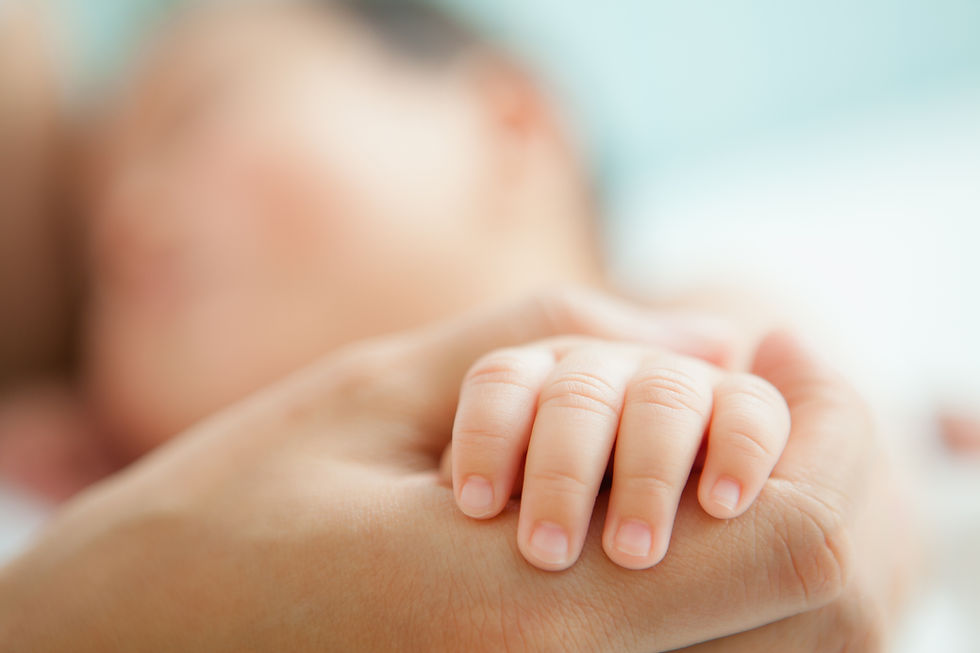Part 2: Understanding Birth Trauma: A Doula’s Perspective
- Christina Lundy
- Aug 2, 2024
- 2 min read

Last week, we started with factors that can contribute to a family describing their birth as traumatic.
This week, let’s take a look at just how many mom’s are at risk and how can we navigate this season as we help the family heal, physically, mentally, and emotionally.
How Many Moms Are at Risk?
The occurence of birth trauma happens more than we would like, it’s considered high. According to the American College of Obstetricians and Gynecologists, 9-18% of women may develop symptoms of post-traumatic stress disorder (PTSD) after welcoming their child. Other studies suggest up to 1/3 of new moms will describe their birth as traumatic. Some demographic groups of women are at a higher likelihood of experiencing trauma, and those groups include women who:
Have experienced previous trauma: Women with a history of abuse, PTSD, or traumatic births are more likely to experience birth trauma.
Have mental health issues: Pre-existing mental health conditions such as bipolar disorder or OCD.
Lack support: Women who feel unsupported or isolated during labor are more vulnerable.
Experience complications: Any unexpected complications or interventions can heighten the risk.
Recognizing the Signs of Birth Trauma
Knowing the signs of birth trauma is the first step towards support and a care plan. Some signs to be cognizant of include:
Intrusive memories: Unrealistic thoughts of hurting yourself or your baby. Also, flashbacks or nightmares about the birth.
Avoidance: Avoiding anything that reminds them of the birth, including medical appointments or discussions about childbirth.
Hyperarousal: Increased anxiety, irritability, or difficulty sleeping.
Emotional numbness: Feeling detached from their baby or loved ones. I ask my clients when was the last time you smiled?
Supporting Mothers Through Birth Trauma
It’s essential for healthcare providers, family, and friends to support mothers who may be experiencing birth trauma. Here are some ways to help:
Listen and validate: Acknowledge their feelings and experiences without judgment. Sometimes a listening ear can make a world of difference!
Encourage professional help: Therapy, especially trauma-focused therapy, can be incredibly beneficial.
Provide information: Understanding that they are not alone and that help is available can be empowering.
Promote self-care: Encourage practices that help them feel nurtured and supported, whether it's through physical care, mental health support, or community connections.
Birth trauma is a significant and often overlooked issue affecting many mothers. By raising awareness and providing adequate support, we can help reduce the incidence and impact of birth trauma. Ensuring that every mother feels heard, supported, and empowered during childbirth is crucial for her well-being and the well-being of her family.
If you or someone you know is experiencing birth trauma, don’t hesitate to reach out to a healthcare provider or a mental health professional. Healing is possible, and no mother should have to navigate this journey alone.
Christina Lundy is a certified birth & postpartum doula, childbirth educator, doula trainer, and agency owner. She’s located in East Atlanta and serves all of Metro Atlanta. She has 5 kiddos, whom she loves dearly. When she isn’t busy with a client or newer doula, you can find her outside in her garden, painting, or reading. Check out her instagram here.
.png)



Comments